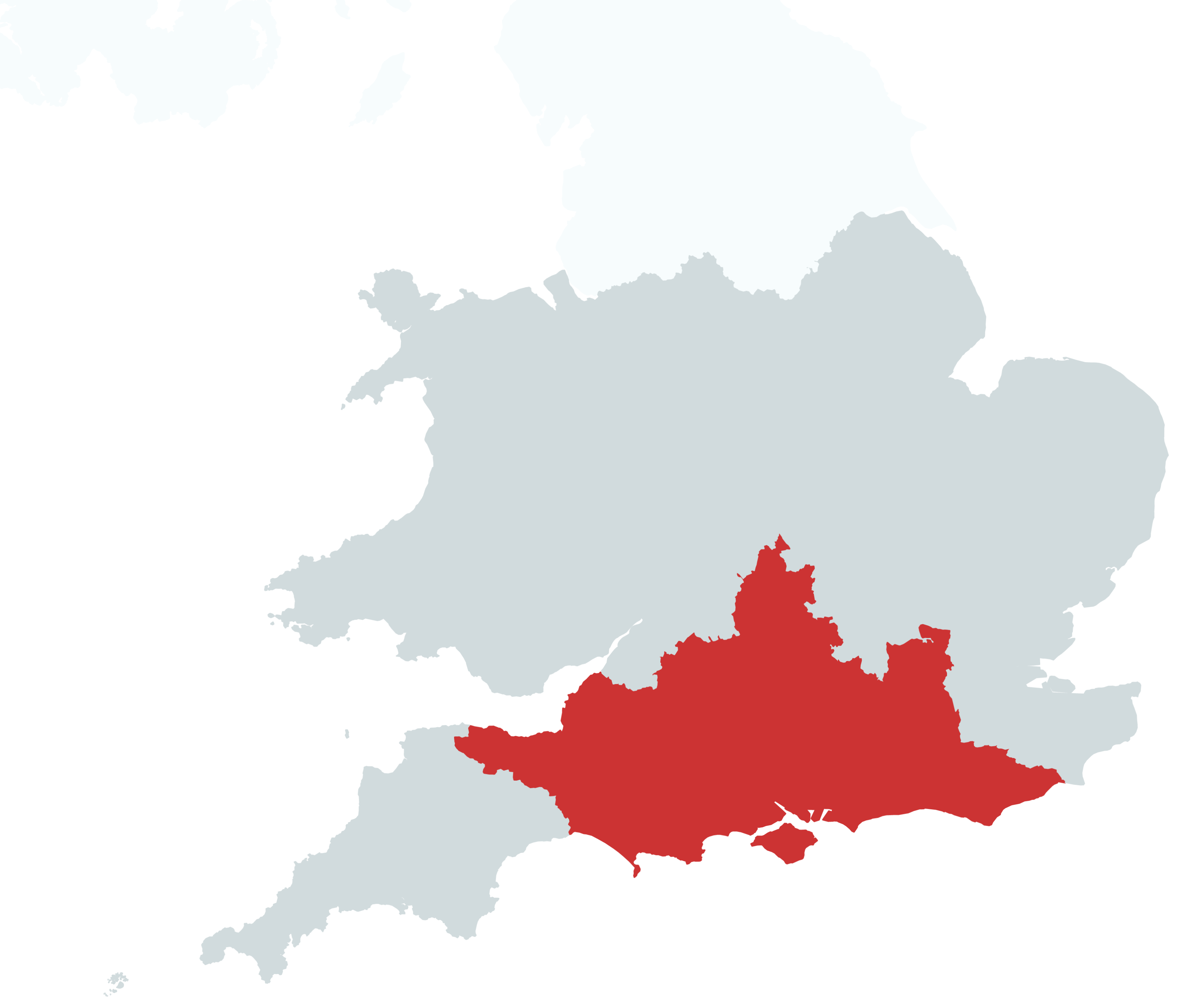It is important for every business to have cash reserves to meet unforeseeable expenses and to see the company through any period of low sales or activity. However, having too much in cash is inefficient, especially in a world of low interest rates.
Sometimes a business owner will want to move excess cash from the business into their own personal wealth. Once you have used your personal tax allowance taking money straight out of the business can cause some hefty tax charges. Is there a way of moving cash from the business to your own wealth without a tax charge?
The answer can often be yes, through a pension. Pension contributions can often be considered an allowable expense for the company and a way of getting the cash into your ownership without paying tax, subject to certain limits.
This is dependent on circumstances and plenty of analysis would need to be considered before determining if this is an appropriate solution.
Contact me today to start the discussion.
What is meant by a key person? Effectively it is anyone without whom the company would suffer financially. This can be from a loss of sales, loss of expertise or even a loss of valuable contacts. Think about who those people are in your business; perhaps your top sales-person, or an office manager, perhaps someone who keeps the relationships with your customers.
If one of these people were to become ill or pass away not only could the company’s profits severely suffer but it can also be very expensive to bring in a replacement. It is estimated that 40% of small to medium businesses would have to cease trading should they lose a key person.
Keyperson protection insurance can provide a cash injection to ensure the business has the funds to meet all these costs and ensure the business has enough cash to survive. This can be surprisingly cheap and a very effective way to plan for the future.
Standard Articles of Association wording leave a deceased shareholder’s portion of the company as per the deceased’s will, and so usually their family inherit the shares. It is helpful to look at this from both the family’s point of view and that of the remaining shareholders:
Deceased’s family: The family may have no interest or are unable to run the business effectively. They may want to sell the shares without really knowing what a fair value is, or who is able to buy them. This can be a complex and difficult process at an already difficult time after losing a loved one.
Remaining Shareholders: The remaining shareholders may not want the deceased’s family becoming an owner in their business and will almost certainly not want the family selling their share to a third party. However, the remaining shareholders may not have the funds to purchase the shares.
So how can we plan ahead to solve both sides of this scenario in a way that is fair to both parties?
The most common method is for the shareholders to sign an agreement stipulating that should one of them die and their family wish to sell their shares the remaining shareholders must buy them at an agreed price. Conversely, should the remaining shareholders wish to buy the shares from the family then the family must sell them at the agreed price.
Shareholder Protection Insurance is then purchased in order that if one of the shareholders dies a cash lump sum, equal to the agreed price, is paid. This then ensures that the remaining shareholders have the funds to honour the agreement.
This can be very cost effective and gives all shareholders peace of mind that if something were to happen to another shareholder that they could buy the shares and should something happen to themselves that their family will get fair value for the company you have helped build.
